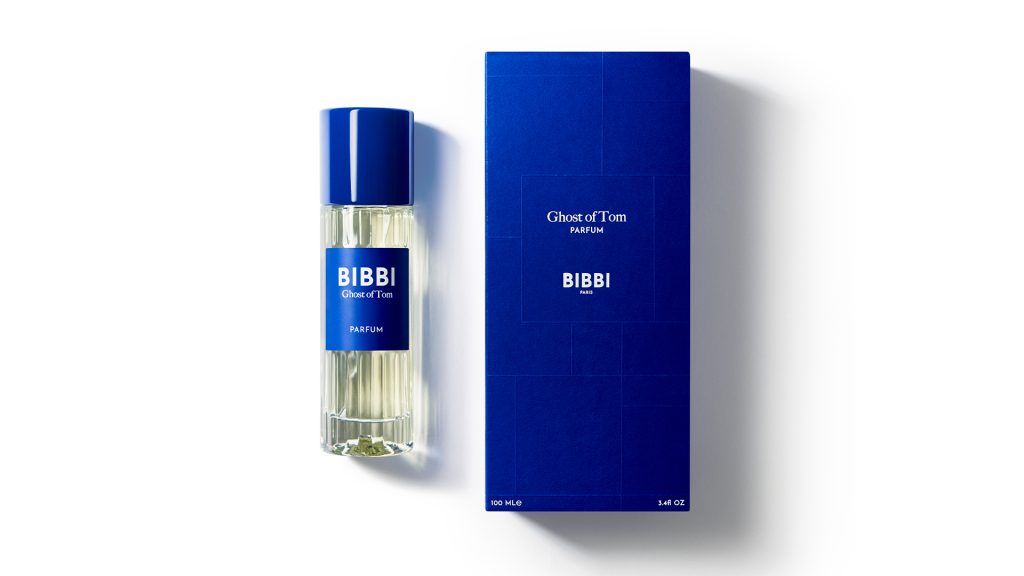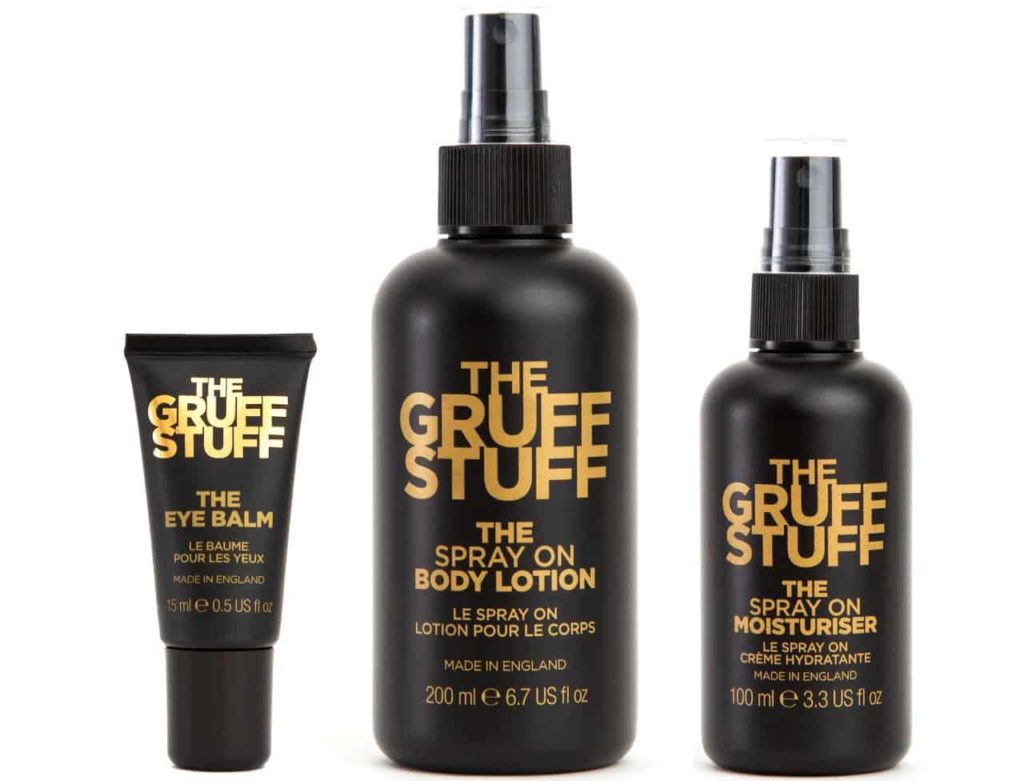Fur industry launches global sustainability strategy "Natural Fur"
The global fur industry has launched what it has described as an "ambitious progamme and direction of travel for the industry", its wider supply chain and animal welfare today. The move comes after many global designers and brands have dropped real fur from their collections.
Launched to co-incide with London Fashion Week, the International Fur Federation launched the Natural Fur Strategy at the Danish Embassy in London today.
Chief Executive of the IFF, Mark Oaten commented: “This strategy will set out a framework and future ambitions for the fur sector, based around the UN’s sustainable development goals, and will consist of ground-breaking global initiatives, targeted interventions and clear goals that will move the industry to becoming truly sustainable.
“Fur is one of the most sustainable natural materials, the epitome of ‘slow fashion’, and is an industry worth an estimated $30billion per year that employs hundreds of thousands across the globe. All of those involved in the sector and wider supply chain have a role to play in helping to meet and deliver these ambitious goals and this strategy will help them to do that.”
The strategy centres on three key pillars and eight initiatives, which it set out as follows:
1) WELFARE
- The fur industry will in 2020 launch FURMARK, a global welfare certification and traceability scheme that will incorporate a range of species-specific farm raised and wild fur programs providing consumers visibility and transparency
- Seek to bring other fur bearing species and country specific programs into FURMARK by 2025 as the respective science-based, certification standards are implemented and independently assessed
2) ENVIRONMENT
- In 2020, publish independent science-based evaluations of the carbon footprint of farm raised and wild fur followed by the introduction of ambitious ten-year reduction targets
- In 2020, roll out a comprehensive chemical standard for the dressing and dying process backed by third party inspection and verification
- In 2020, expand sector programs to promote re-use, up-cycling and recycling of natural fur
3) PEOPLE
- In 2020, roll out the requirement of businesses involved in the fur sector to ensure globally recognised business practices including anti-corruption policies
- In 2020, roll out initiatives to recognise the role of workers within the supply chain including adoption of industry wide anti-slavery commitments and recognition of indigenous peoples involved in fur production
- By 2025 introduce social and environmental certification through the FURMARK supply chain.
The IFF says the strategy will be reported regularly and subject to external transparency and validation.
It comes, however, as many major designers have already dropped real fur from their collections from Gucci to Burberry, Chanel and Michael Kors, and many more beyond. The on-schedule London Fashion Week shows have been fur-free for a number of seasons now as designers voluntarily dropped the use of real fur.
Animal rights group PETA recently revealed that it was dropping its long-standing "I'd rather go naked than wear fur" celebrity ad campaign, saying the fur industry was in decline and it was focusing its efforts on cruelty in the leather and wool supply chains moving forward.
There are some who argue that synthetic furs are worse for the environment than a natural product, however fur farming has been banned in the UK since 2000. Animal rights group such as the Humane Society International are lobbying to have the sale of fur banned altogether.





